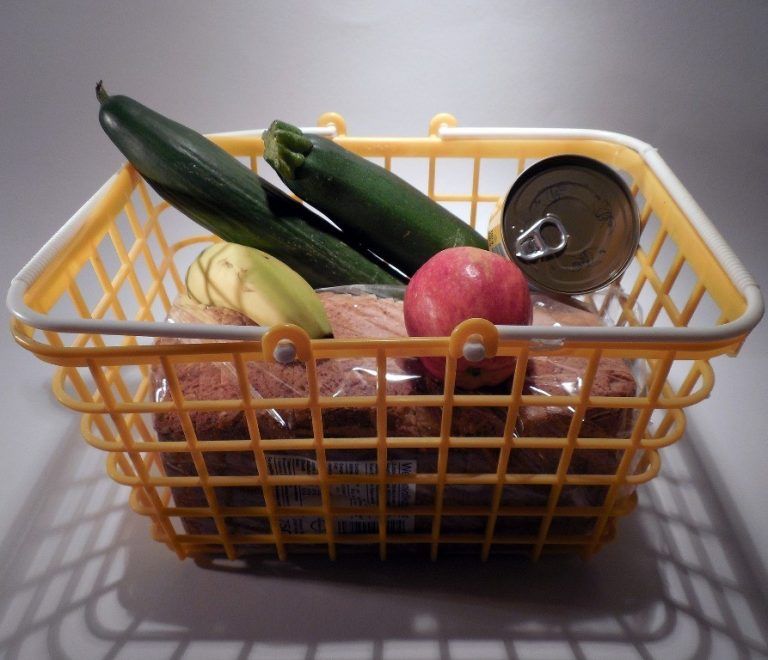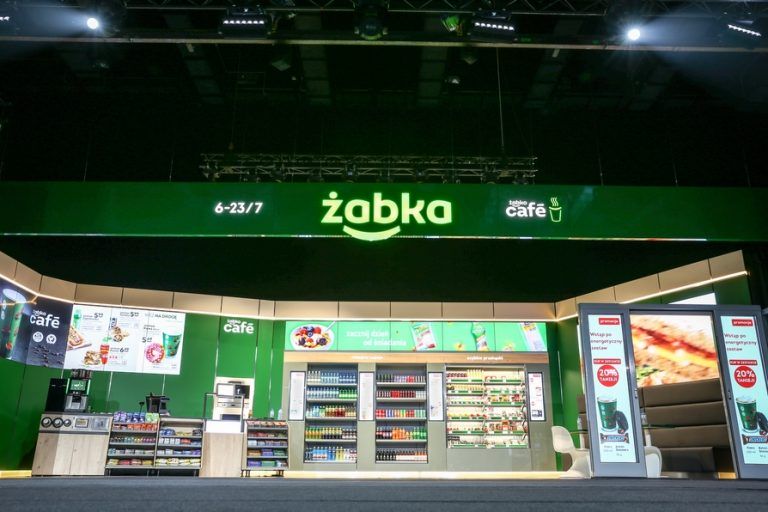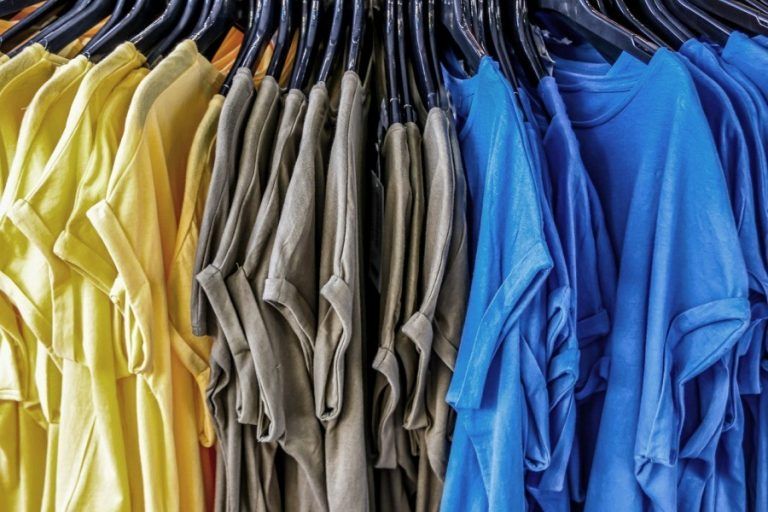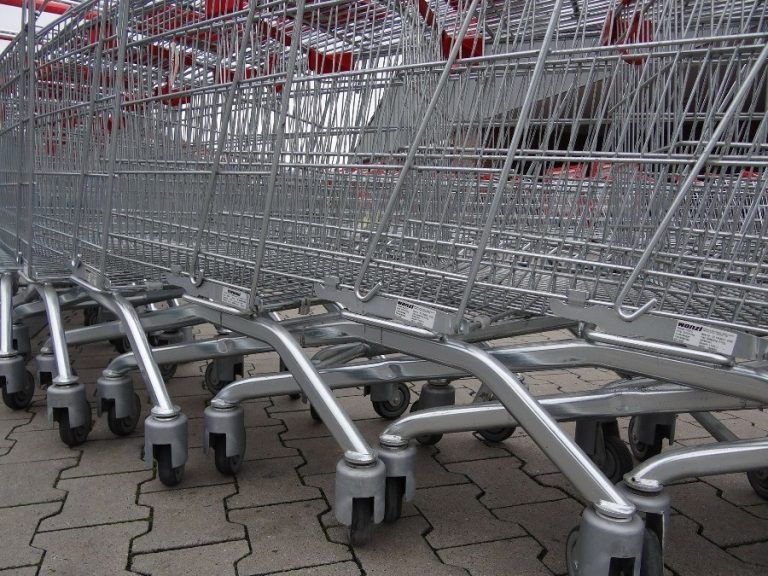Non-food retail will be hit hard by coronavirus
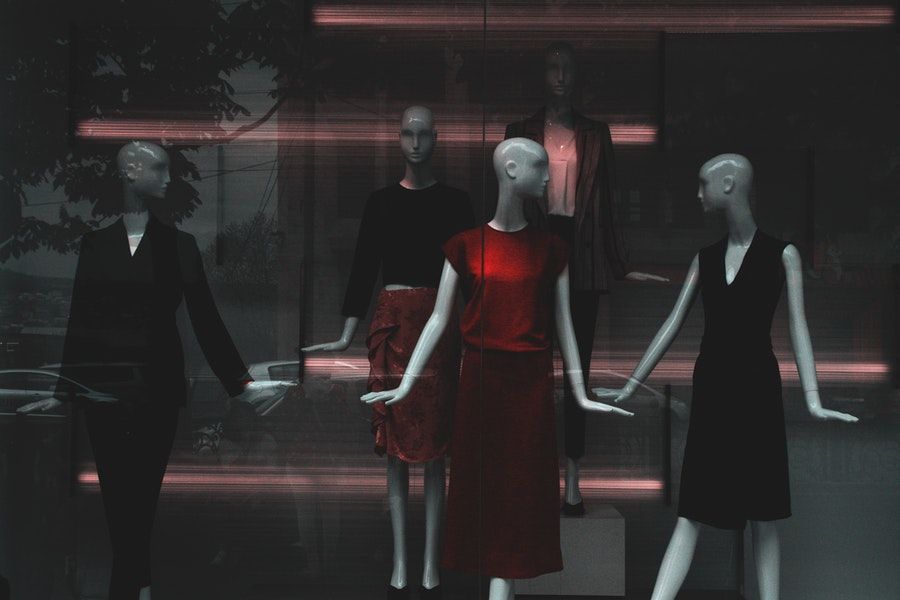
Wpis dostępny jest także w języku:
![]() polski
polski
Closed stores in shopping malls, consumers staying at home for all but essential reasons, and an economy headed for recession: the blow that the coronavirus crisis will deal to the non-food retail market in Poland in 2020 will be a heavy one even under the most optimistic of scenarios, according to a new report from PMR, “Impact of the coronavirus epidemic on the non-food market in Poland 2020. Scenarios and forecasts.”
Three scenarios of epidemic’s progress
For the purposes of the report, we have explored three main scenarios of the epidemic’s progress and impact on the Polish retail market. Obviously, the situation is highly dynamic, making predictions difficult. But we expect that the actual course of events will at least broadly resemble one of our scenarios.
The key assumption in which the three scenarios differ is the duration of curbs on social interactions and the operation of retail stores. Since the current restrictions, imposed on 14 March, are now officially in place until 11 April, our most optimistic scenario assumes that stores will reopen on 14 April, i.e. the first business day after Easter. Our second scenario is premised on a two-month shutdown. The third scenario assumes a two-month shutdown now, and a second wave of the epidemic in the autumn.
Clothing and footwear market to be hardest hit
If the most benign scenario plays out, the non-food retail market in Poland will still manage positive growth in 2020, of 1.6%. That’s substantially below the 5.8% growth rate predicted before the Covid-19 epidemic arrived, however. And some non-food sectors will contract under all three scenarios. This is particularly true of clothing and footwear, which we expect to shrink in value by at least 7.1%. Home furnishings retail is faring better, as many Poles are turning to home improvement projects during this period of forced social isolation.
Non-food will be outpaced by grocery for first time since 2012
In recent years, Poland has followed a pattern common to all developing countries, in which the value of non-food retail sales is growing at a faster pace than grocery retail sales. This is natural: as their incomes grow, people can afford to spend more and more on things that are not essentials, such as electronics, pricier clothes, or home furnishings. But these are also the first things that consumers cut back on in hard times. And in the current crisis, the early closure of stores made it difficult for people to buy things like clothes or furniture even before the impact of the pandemic on their incomes and jobs began to be fully realised. Now they are consciously cutting all but essential expenditures.
E-commerce gains
In each of the non-food sectors covered by the report – clothing and footwear; home furnishings; household appliances, electronics and digital media; and sports goods – e-commerce has been growing faster than any other channel, and the coronavirus-related restrictions have created a new opportunity. But for most of the sector’s players, online can only serve to limit the losses caused by the store shutdown. If there are positive gainers, they will be companies like Allegro, Zalando or eobuwie.pl, i.e. well-established e-commerce natives who offer a highly comfortable shopping experience (fast delivery at no cost, free and easy returns).


